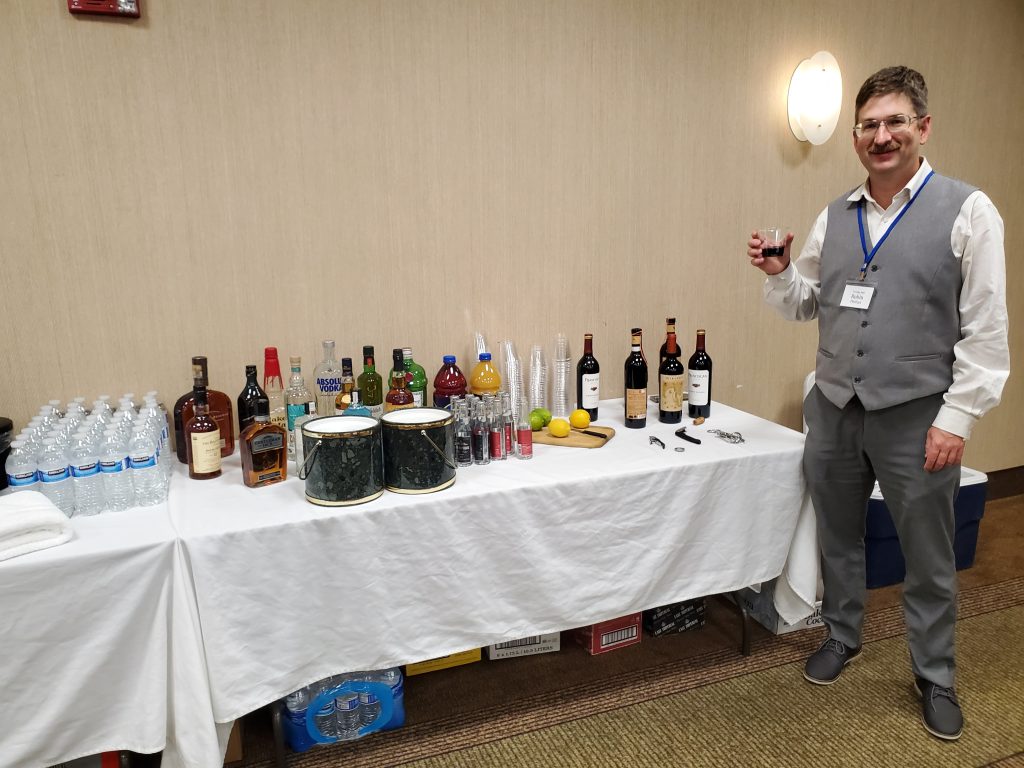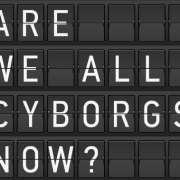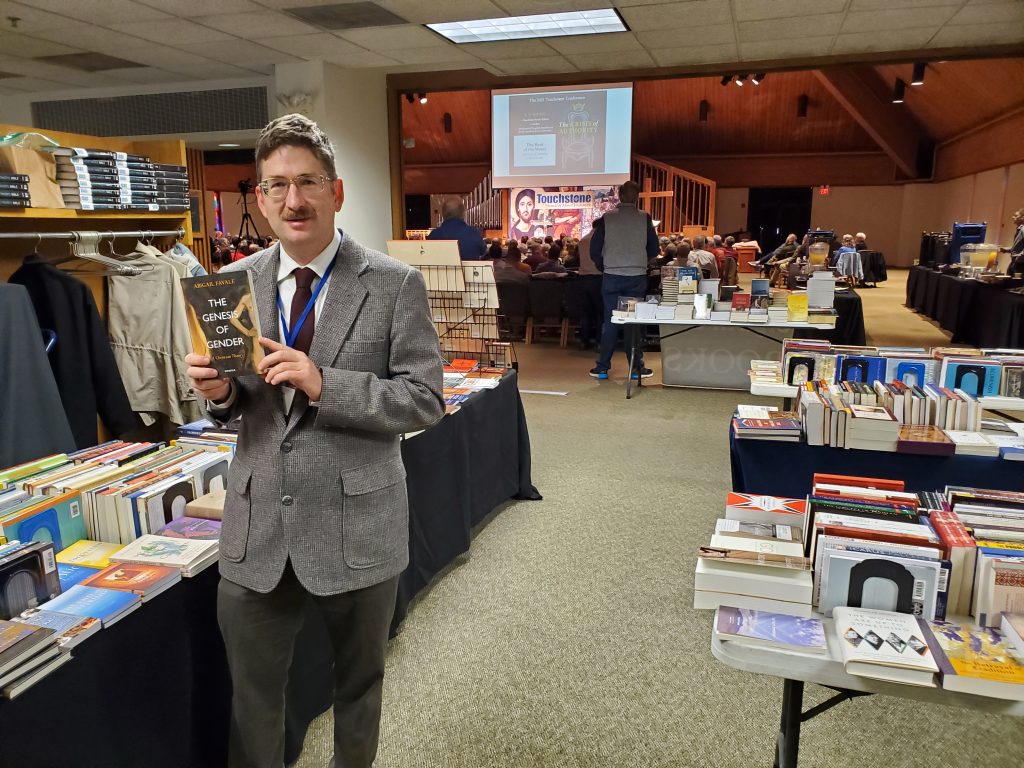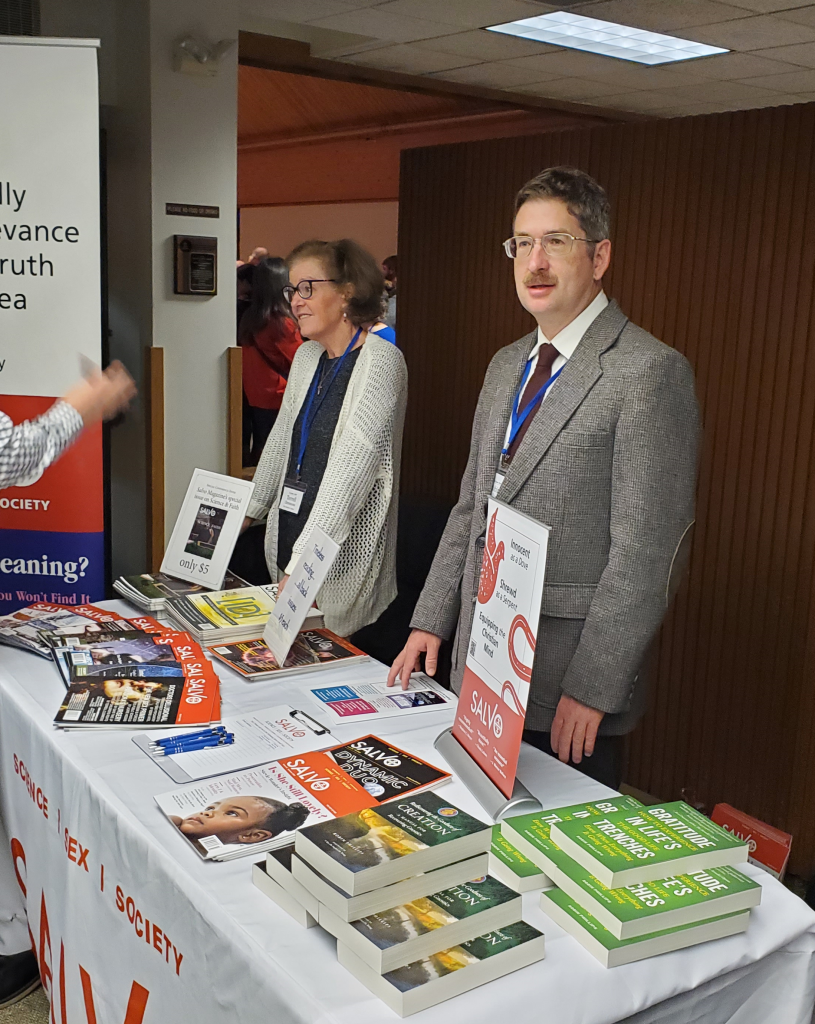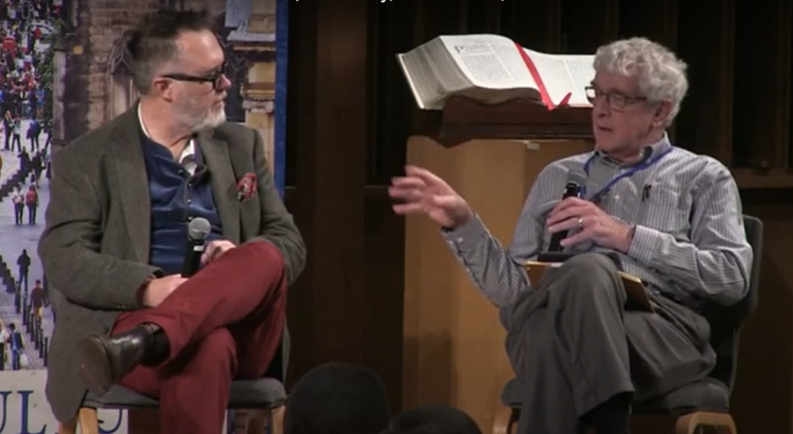I just got back from working at the 2023 Touchstone Conference, where we heard from Rod Dreher, Ken Myers, Brad Littlejohn, Rusty Reno, Douglas Farrow, Adam Macleod, Thomas Buchanan, and R.V. Young.
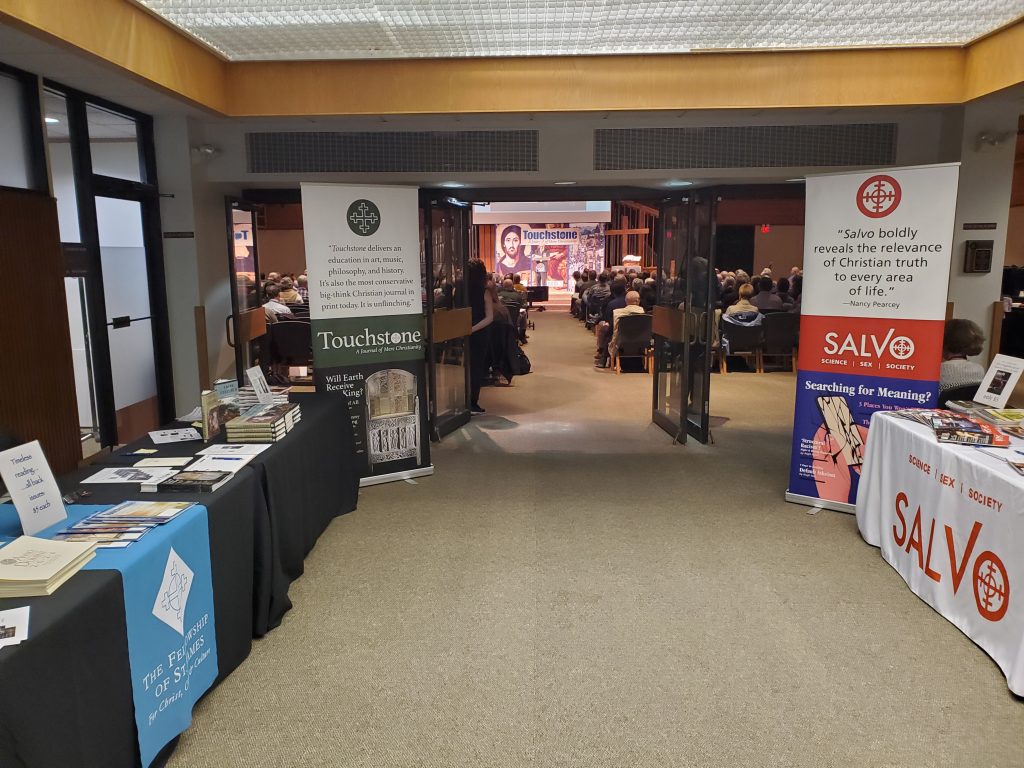
The bookstore, 8th Day Books, was a vendor at the conference, and I was able to pick up my next book to read:
.
Terrell Clemmons and I staffed the Salvo table. Salvo is, of course, a sister publication of Touchstone, both being ministries of the Fellowship of St. James.
Rod explained that a professor he knows recently had to stop using Huxley’s Brave New World in class because students increasingly do not perceive it as a dystopia. Rod’s point is that we are entering a condition he calls “therapeutic totalitarianism,” where we become complicit in our own enslavement because of the comfort it offers. The irony is that this was exactly Huxley’s point, and this is where his vision of a dark future differed from the better known prophecies of George Orwell. From Neil Postman:
“We were keeping our eye on 1984. When the year came and the prophecy didn’t, thoughtful Americans sang softly in praise of themselves. The roots of liberal democracy had held. Wherever else the terror had happened, we, at least, had not been visited by Orwellian nightmares. But we had forgotten that alongside Orwell’s dark vision, there was another – slightly older, slightly less well known, equally chilling: Aldous Huxley’s Brave New World. Contrary to common belief even among the educated, Huxley and Orwell did not prophesy the same thing. Orwell warns that we will be overcome by an externally imposed oppression. But in Huxley’s vision, no Big Brother is required to deprive people of their autonomy, maturity and history. As he saw it, people will come to love their oppression, to adore the technologies that undo their capacities to think.What Orwell feared were those who would ban books. What Huxley feared was that there would be no reason to ban a book, for there would be no one who wanted to read one. Orwell feared those who would deprive us of information. Huxley feared those who would give us so much that we would be reduced to passivity and egoism. Orwell feared that the truth would be concealed from us. Huxley feared the truth would be drowned in a sea of irrelevance. Orwell feared we would become a captive culture. Huxley feared we would become a trivial culture, preoccupied with some equivalent of the feelies, the orgy porgy, and the centrifugal bumblepuppy. As Huxley remarked in Brave New World Revisited, the civil libertarians and rationalists who are ever on the alert to oppose tyranny ‘failed to take into account man’s almost infinite appetite for distractions.’ In 1984, Orwell added, people are controlled by inflicting pain. In Brave New World, they are controlled by inflicting pleasure. In short, Orwell feared that what we fear will ruin us. Huxley feared that what we desire will ruin us.”
If you do not already subscribe to Touchstone Magazine, you can fix that by going here.


